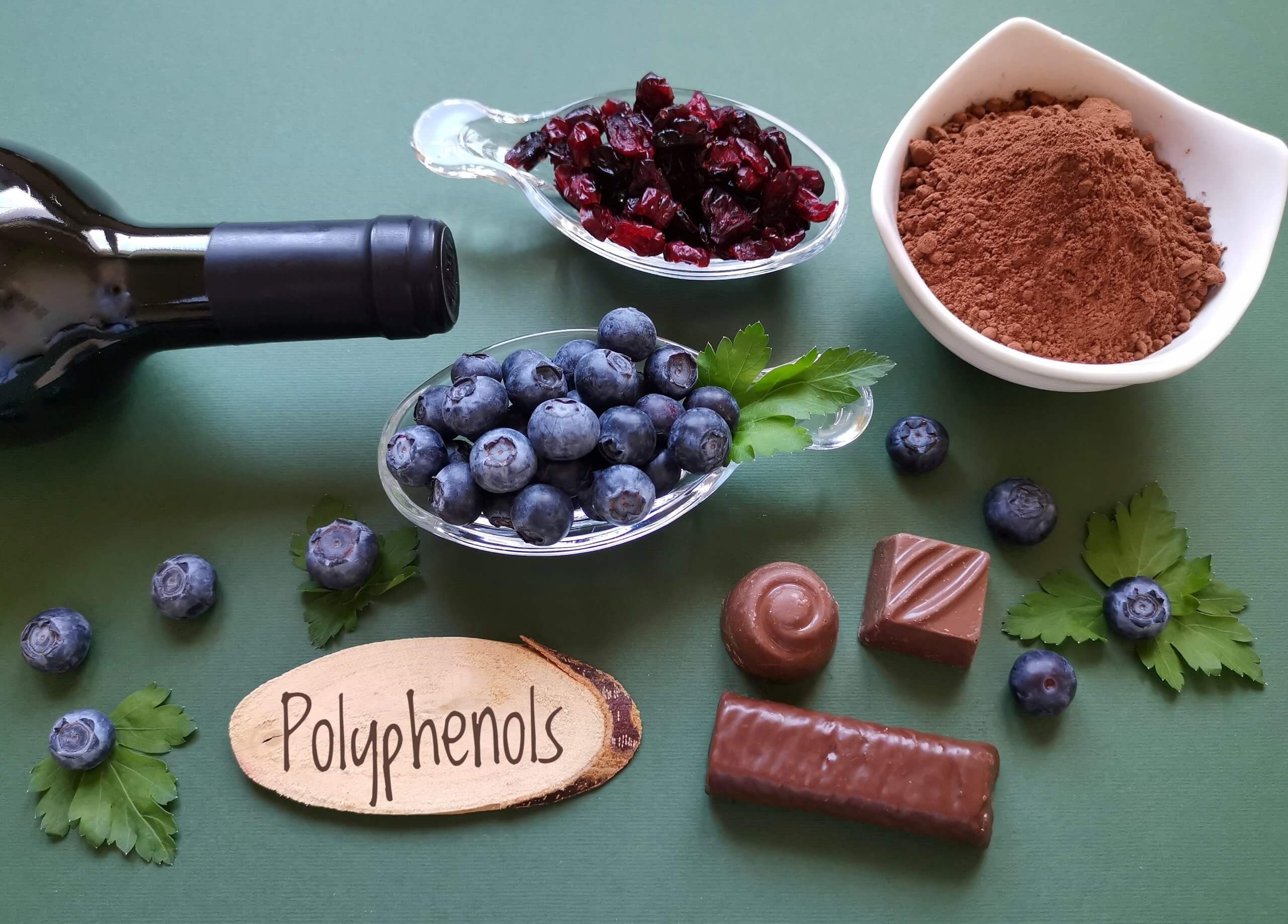Eating a plant-based diet supports good health and longevity. Or does life just seem longer because chewing through every leaf of kale takes an eternity? Either way, experts suggest that seniors who enjoy a diet heavy in fruits and vegetables may have healthier guts. In fact, even chocolate could contribute to a strong digestive tract. The reason? Polyphenols.
Polyphenols are natural compounds, found primarily in colorful produce. They have antioxidant, anti-inflammatory, and neuroprotective properties. Polyphenols interact with bacteria in the gut to produce postbiotics, such as IPA. These increase its favorable effects on health, including protecting the integrity of the intestinal wall.
Polyphenols in foods can prevent inflammation in older people by altering intestinal microbiota, triggering the production of indole 3-propionic acid (IPA). Evidence confirms that the regular consumption of polyphenols in the diet can contribute to healthy aging, according to a new study by the Research Group on Biomarkers and Nutritional & Food Metabolomics, University of Barcelona (UB) and the CIBER on Fragility and Healthy Ageing (CIBERFES).
“If we consider the beneficial effects of IPA on the gut microbiota and health in general, it is important to find reliable strategies to promote the production of this metabolite,” notes Tomás Meroño, from the Department of Nutrition, Food Sciences and Gastronomy of the UB and CIBERFES, in a statement.
Led by Professor Cristina Andrés-Lacueva, on the faculty of Pharmacy and Food Sciences of the UB, the researchers carried out a multinomic analysis to monitor the IPA levels in serum. They also analyzed the composition of the gut microbiota in fecal samples. The 51 participants, aged 65 years and older, followed a diet rich in polyphenols (green tea, bitter chocolate, fruits including apples, pomegranates, and blueberries) for eight weeks.
The results showed that the polyphenol-heavy diet generated a significant increase in blood IPA levels, with a decrease in inflammation and changes in the bacteria of the microbiota.
Researchers did not observe the same effects in participants with kidney diseases, which could be explained due to the altered composition of their gut microbiota. These subjects had lesser amounts of IPA before the trial, compared to the subjects with normal kidney function.
“These results could be clinically relevant, since lesser IPA levels have been associated with a rapid decline of kidney function and chronic kidney disease,” noted Professor Andrés-Lacueva. Increases in the levels of a postbiotic, such as IPA in the elderly, could be beneficial in delaying or preventing chronic diseases that harm the quality of life.
The research is published in the journal Molecular Nutrition and Food Research.
